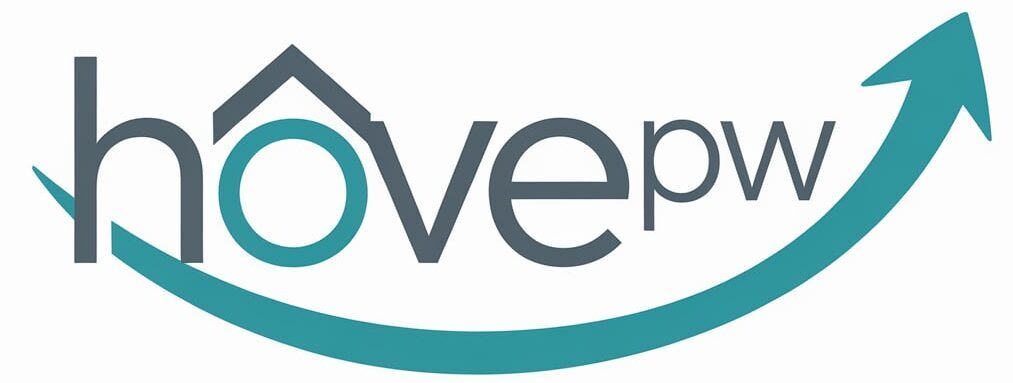As of late September 2024, the landscape of interest rates is characterized by some notable changes following recent actions by the Federal Reserve. On September 18, 2024, the Fed cut its benchmark interest rate by 0.50 percentage points, marking a significant adjustment aimed at easing borrowing costs in response to shifting economic conditions(
Current Mortgage Rates
In the current market, the average rate for a 30-year fixed-rate mortgage hovers around 6.08%, while the
Money). This represents a welcome decline from the peak rates observed earlier this year, which were over 7%. Economists predict that mortgage rates will likely stabilize within the 6% to 6.2% range for the remainder of 2024, with a possibility of dipping into the high 5% range by spring 2025(
Understanding the Rate Changes
The Federal Reserve’s decision to lower rates is part of a broader strategy to stimulate economic growth amid concerns about inflation and slowing economic activity. By reducing borrowing costs, the Fed aims to encourage spending and investment. Lower interest rates can have a cascading effect on various types of loans, including mortgages, auto loans, and business financing(
Implications for Borrowers
For potential homebuyers, the current interest rates present an opportunity to enter the market, especially for those looking to refinance existing loans. Lower rates can lead to substantial savings over the life of a mortgage. For instance, refinancing a loan can reduce monthly payments and total interest paid, making homeownership more accessible for many(
).
However, it’s essential for borrowers to consider various factors that affect the overall cost of a loan. The annual percentage rate (APR), which encompasses both the interest rate and associated fees, should be a focal point during comparisons. This gives a clearer picture of the true cost of borrowing over time(
).
Personal Insights
Reflecting on my experience, when I purchased my home a few years ago, I remember the anxiety of navigating fluctuating interest rates. At that time, I opted for a fixed-rate mortgage, which provided me with peace of mind knowing my payments wouldn’t change despite market volatility. I could never have predicted the impact of external factors, such as federal policy changes, on my finances.
With the recent rate cuts, I find myself contemplating whether refinancing would be a smart move now that rates are more favorable. This is a decision many homeowners might be weighing as they reassess their financial strategies in light of the new rates.
Conclusion
The recent changes in interest rates present a complex yet manageable landscape for borrowers. With current mortgage rates stabilizing and potentially decreasing, there is an opportunity for homebuyers and those considering refinancing. Understanding how these rates affect overall borrowing costs can empower individuals to make informed financial decisions.

